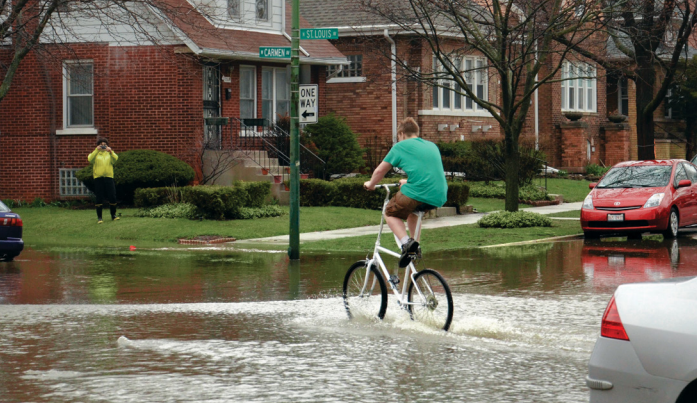
This story appears in the latest edition of The Helm.

Ready for a party? Join us on the newly-expanded Wild Mile for a celebration of our urban waterways and thriving park spaces. Enjoy local beer, food trucks, and an outdoorsy prize drawing while learning about local environmental nonprofits and volunteer opportunities! This event is free and fun for all ages!
The block party is rain-or-shine, and we`ll only cancel in the case of hazardous weather!
This year’s community partners include @Openlands, Current Water, @chicago_enviro, @cleanupclub_chicago, @chicago_birder, Blazing Star School, @cubillinois, Friends of the Bloomingdale Trail, @chicagoshapers, @reducewastechicago, Southern Utah Wilderness Alliance, and @honeycombproject!
Learn more at the link in bio.

📢 Show Your Support for Sea Grant! 📢
Continued federal funding for Sea Grant in FY26 is crucial, and we need your help to demonstrate the nationwide support for these essential programs.
🖊️ Sign the letter urging Congress to continue funding Illinois-Indiana Sea Grant and all 34 state Sea Grant programs:
🔗 https://forms.gle/7sPGHGyh8j8a7vfGA or link in bio

Exciting news! The call for sessions for the 2026 Emerging Contaminants in the Environment Conference has been extended!
We are excited to offer the opportunity to propose a speaker or panel session during the 2026 Emerging Contaminants in the Environment Conference April 28-29. The conference will feature traditional 15-minute presentations and a poster session on the latest in emerging contaminant research, policies, and outreach in the soil, water, and air.
The deadline to propose a session is September 30, 2025.
Learn more at go.illinois.edu/ecec or the link in bio

Stay safe and have fun this Fourth of July with these 5 water safety tips! Click the link in bio to learn more ways to keep yourself and others safe as you enjoy the Lake Michigan beaches this holiday.
